Erling Haaland Avoids Sanction for Ball Throw Incident with Arsenal Defender
Erling Haaland, the Manchester City star, has dodged repercussions for a contentious incident involving Arsenal defender Gabriel Magalhães. The episode unraveled amidst the high-octane clash between City and Arsenal, which culminated in a nail-biting 2-2 draw at the Etihad Stadium. Haaland's emotional outburst followed a critical goal netted by John Stones in injury time, perpetually heating the tension on the field.
The referee, Michael Oliver, overlooked Haaland's action during the match, but the Video Assistant Referee (VAR), John Brooks, took a closer look. According to sources from ESPN, Brooks reviewed the incident thoroughly and determined that it did not rise to the level of violent conduct. Consequently, no punitive measures were meted out to Haaland. Reports suggest that the Football Association (FA) concurs with VAR's decision and will not undertake any retrospective action against the Norwegian striker.
The high-stakes encounter became even more charged post-match, with Haaland engaging in an animated confrontation with Arsenal’s manager, Mikel Arteta, and forward, Gabriel Jesus. Accusations flew as frustrations boiled over, with City players alleging Arsenal's strategic time-wasting, especially following Leandro Trossard’s dismissal from the pitch. Emotions ran high as the City squad felt aggrieved by the perceived unsporting behavior of their opponents.
In light of the incident, Manuel Akanji, another key figure for Manchester City, was vocal about the methods employed by Arsenal. Akanji criticized Arsenal for supposedly wasting precious match minutes by frequently going to ground in a bid to disrupt the game's flow. He opined that it was incumbent upon the referee to rein in such tactics and ensure the match remained fair and competitive.
Insight into the VAR Decision
The decision by VAR not to penalize Haaland has sparked varied reactions across social media and football forums. Some fans and pundits argue that the intensity of the game often spills over into momentary lapses of judgment by players, which should be evaluated contextually rather than strictly by the rule book. VAR's assessment likely factored in Haaland's intent and the overall context of the game, concluding that his actions, while rash, did not warrant further disciplinary measures.
Such decisions are critical in the modern football era, where technology and traditional refereeing intersect. The goal is to balance accountability with an understanding of the game's inherent passion and intensity. While some believe the leniency towards Haaland sets a questionable precedent, others feel it maintains the spirit of the sport by not over-regulating players' emotional responses within the heat of the match.
Reactions from the Football Community
The avoidance of sanctions for Haaland has elicited diverse responses from both fans and football experts. Some see it as a reasonable outcome, arguing that football is an intense sport where emotions can occasionally run high. They emphasize the importance of context and suggest that players should not be unduly punished for split-second decisions made in emotionally charged moments.
Conversely, others contend that VAR's decision highlights inconsistencies in how such incidents are managed. They argue that clear guidelines should be established to ensure transparency and fairness in football matches. According to this perspective, the absence of a penalty for Haaland might be perceived as favoritism or a lapse in maintaining discipline on the field.
Role of the Referee and Fair Play
The match between Manchester City and Arsenal underlined the crucial role of referees in upholding the tenets of fair play. Michael Oliver, as the referee, faced significant challenges in managing the heated atmosphere that ensued, especially towards the match's climax. His decisions, including those scrutinized by VAR, remain pivotal in shaping perceptions of the game's fairness and integrity.
It's worth mentioning that the referees, including those operating VAR, must navigate complex situations where player conduct and tactical maneuvers intersect. Maintaining a fair and competitive environment is no easy task, but it is vital for the sport's credibility and the enjoyment of the fans. This incident involving Haaland and Gabriel Magalhães serves as a case study in the ongoing dialogue about the balance between regulation and leniency in football.
| Match | Incident | Outcome |
|---|---|---|
| Manchester City vs Arsenal | Ball throw by Haaland | No sanction, reviewed by VAR |
| Post-match | Confrontation with Arteta and Jesus | Escalated tensions |
Past Instances of On-Field Controversies
Football history is replete with incidents where players' actions have sparked debates and controversies. From Zinedine Zidane's infamous headbutt in the 2006 World Cup final to more recent events, such altercations have always been part of the sport's fabric. These moments are scrutinized not just for their immediate impact, but for their broader implications on sportsmanship and the rules governing the game.
Incidentally, how authorities respond to these episodes reflects on the sport's governance. Consistency in decision-making and clarity in communication are paramount. The way Haaland's incident has been handled speaks volumes about the current state of officiating in top-tier football. Whether it sets a precedent or remains an isolated decision, it will undoubtedly be a point of reference in future discussions about on-field conduct and disciplinary measures.
Moving Forward: Implications for Players and Teams
The aftermath of the Manchester City vs. Arsenal match has myriad implications. For players, it underscores the importance of maintaining composure, even in high-pressure situations. While passion and intensity are integral to football, the lines between acceptable behavior and misconduct must be navigated carefully to avoid unintended consequences.
For teams, this incident highlights the necessity of comprehensive training programs that equip players with techniques to manage emotional spikes and navigate contentious moments effectively. Clubs might increasingly focus on psychological resilience as much as physical and tactical preparedness.
In summary, Erling Haaland's escape from sanctions following the ball throw at Gabriel Magalhães reflects broader themes in contemporary football disciplinary practices. It has sparked conversations about fairness, the role of VAR, and the balance between passion and professionalism in the sport. As the debate continues, this instance will likely serve as a benchmark for future officiating and the cultivation of sportsmanship among players and teams.
Conclusion
Erling Haaland's incident with Gabriel Magalhães and the ensuing lack of punitive action offers a rich vein for discussion about modern football's governing mechanisms. The blend of technology, human judgment, and the inherent intensity of the sport combines to create a nuanced landscape where each decision carries weight. For fans and players alike, understanding these dynamics is crucial as football evolves and strives to maintain the delicate balance between rigor and the passionate spirit that defines it.

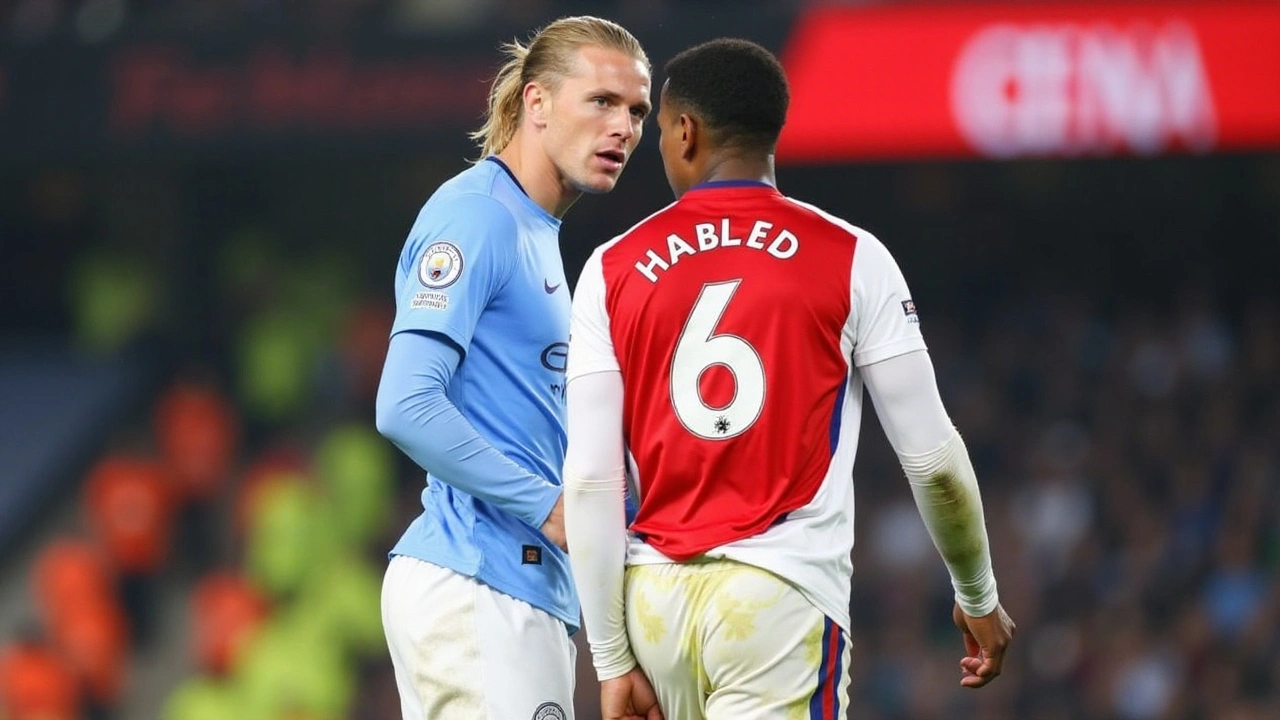
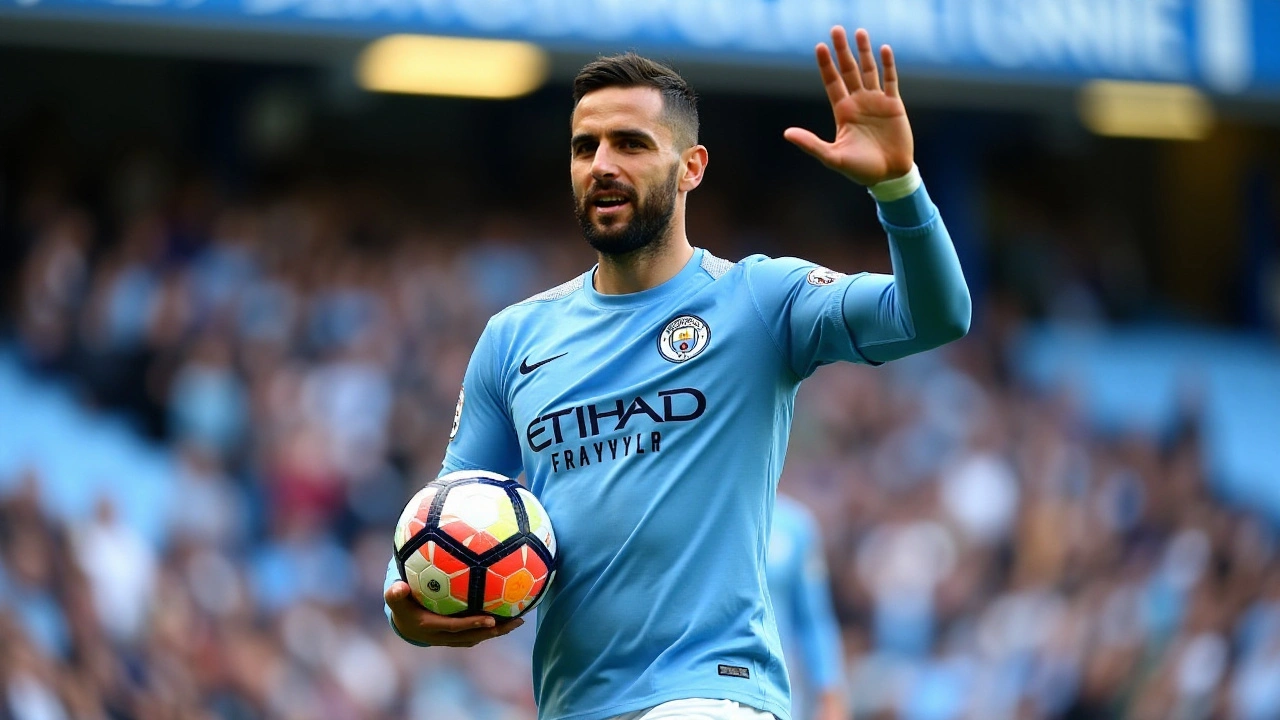

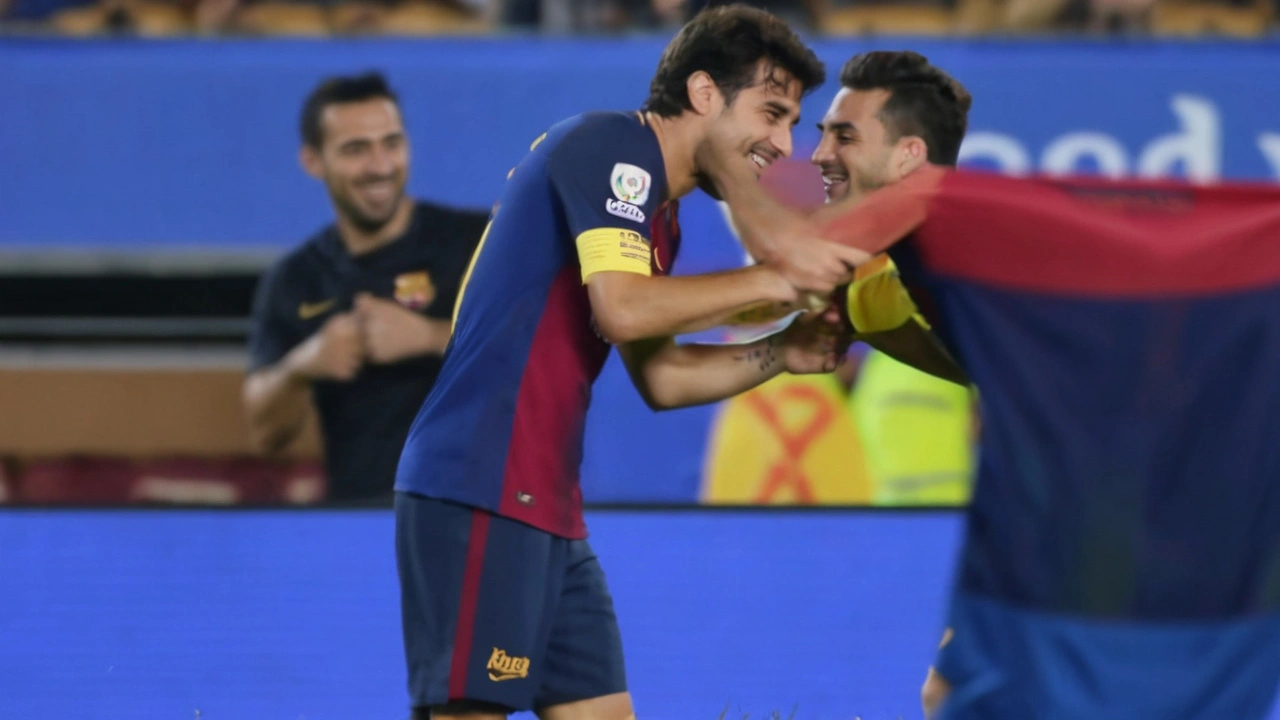
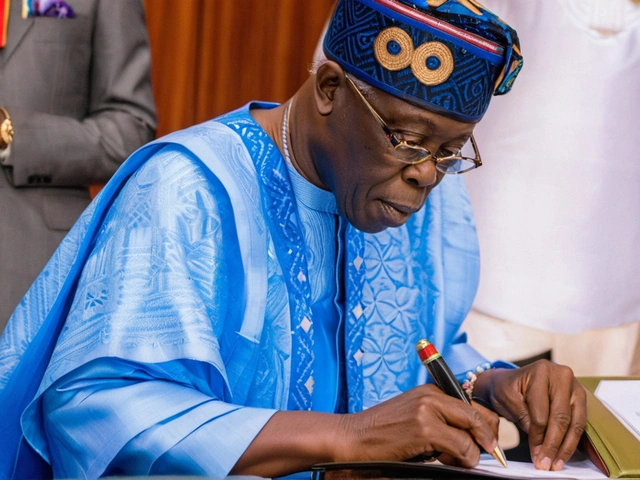
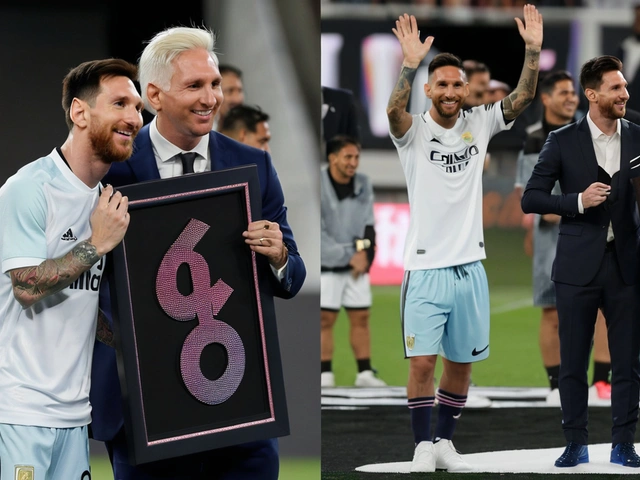

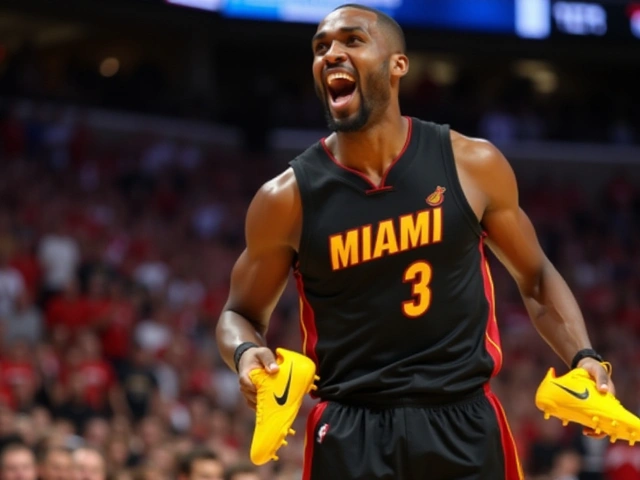

Nathan Tuon
September 23, 2024 AT 18:59The debate around Haaland’s incident really shows how passion can blur the line between aggression and emotion. While some fans call for stricter penalties, it’s worth remembering that a split‑second reaction on the pitch isn’t always a calculated act. VAR’s assessment considered intent, and that perspective should guide our discussions. In the end, the game thrives when we balance fairness with understanding.
shivam Agarwal
September 26, 2024 AT 02:33Football is a global language, and moments like these remind us of the cultural nuances that shape player behaviour. We must listen to both sides before drawing conclusions, as the context often reveals more than the headline. It’s an opportunity for coaches to teach composure in high‑stakes environments.
MD Imran Ansari
September 28, 2024 AT 10:06Erling Haaland’s dramatic ball‑throw episode is a vivid illustration of the fine line between fiery passion and reckless abandon, and it certainly gives us a lot to chew on. The moment he hurled the ball at Gabriel Magalhães, the stadium buzzed with a mix of shock and excitement, as if the whole arena had been set alight by a spark. VAR’s decision to let him off the hook reflects a nuanced reading of intent, recognising that a split‑second flash of frustration does not necessarily equate to violent conduct. Yet the ripple effect of that choice spreads far beyond the Etihad, stirring debates among pundits, fans, and even the governing bodies. Some argue that leniency fuels a culture of impunity, where star players feel insulated from the consequences of their actions. Others contend that the human element of sport-those raw, unfiltered emotions-should be afforded a margin of mercy, especially when the heat of the moment clouds judgment. In the broader tapestry of football history, we’ve seen icons like Zidane and Ramos walk the razor’s edge of discipline, each incident carving a niche in the collective memory. Haaland’s case adds a fresh chapter to that saga, prompting clubs to rethink their emotional resilience training. Modern squads now invest in sports psychologists, not just to sharpen tactical acumen but to bolster mental fortitude under pressure. The question then becomes: will a lack of immediate sanction encourage similar outbursts, or will the silent lesson of scrutiny keep players in check? From a fan’s perspective, the drama fuels endless memes and heated banter on social media, where emojis 😂 and fiery GIFs dominate the conversation. It also offers a reminder that the beautiful game is as much about character as it is about skill. As the season unfolds, we’ll see whether Haaland’s momentary lapse becomes a footnote or a catalyst for change in disciplinary standards. In any case, the episode underscores the ever‑evolving dance between technology, human judgment, and the raw pulse of competition. Ultimately, the governing bodies will need to fine‑tune their guidelines to reflect both fairness and the spirit of the game. Only time will tell if this incident reshapes the balance between player expression and accountability. ⚽️🔥💬
walaal sanjay
September 30, 2024 AT 17:39If the referees keep protecting star players, English football will never be pure!!!
Umesh Nair
October 3, 2024 AT 01:13I gotta say, this whole thing is overrated, lol. Everyone’s acting like Haaland broke some sacred rule, but he was just venting, ya know? The VAR crew obviously missed the bigger picture – the real drama was Arsenal’s time‑wasting tactics. Plus, why does everyone expect a star to be perfect 24/7? Nobody’s definatly flawless out there.
kishore varma
October 5, 2024 AT 08:46Just another wild night in the Premier League – emotions run high, and the ball ends up where it shouldn’t. Haaland’s reaction was intense, but the VAR call kept the match flowing. It’s a reminder that players are human, and sometimes they let the heat get to them. Let’s hope clubs keep working on mental resilience, so moments like this become rarer. 🤙⚽️